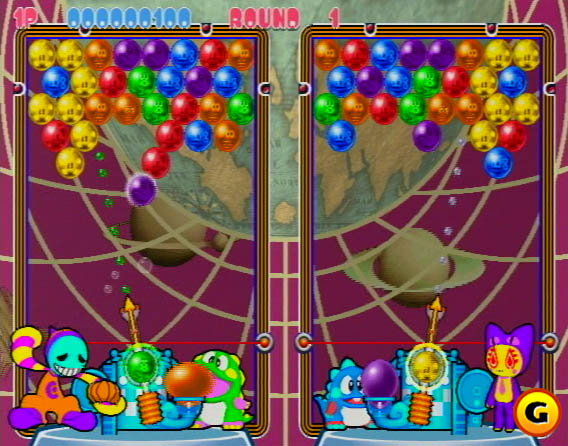Last day in Boston before heading home to Copenhagen.
So leaving the cool Comparative Media Studies at MIT in favor of the cool Center for Computer Games Research Copenhagen. It’s a hard life I’m living, I know.
Random observations:
-I hadn’t really heard U.S. radio since I was a kid, but it turns out to be EXACTLY like the radio stations in Grand Theft Auto: The commercial stations are terrible, the ads are, well, ads, and the public broadcast radio NPR is pretentious and claims to be non-commercial while sporting tons of ads anyway. The first time I turned on NPR, there was an ad for a renaissance fair – just like in GTA3. In other words, reality was a complete mirror of the game and I’ve felt completely at home here for that reason.
-On 4th of July at the Charles River in Boston, 4 jet fighters flew over the crowd just as we finished singing the Star Spangled Banner. It did add some oomph.
-The only reason I could sing along on Yankee Doodle is that I played lots of North & South on the Amiga. See! Games can really help you in your meeting with other cultures!
-People here are much better at introducing themselves and striking up conversation than people in Denmark.
-Recharged my Gameboy batteries and got Warioware, inc and Namco Museum for the trip home.
-Being in Boston and at MIT has been pretty great. 6 months where I got a lot of work done, met interesting people, and generally experienced life as it always is in its own unpredictable ways. It’s 22 degress (74 f), the sun is shining from a blue sky and it is somewhat sad to be leaving.

